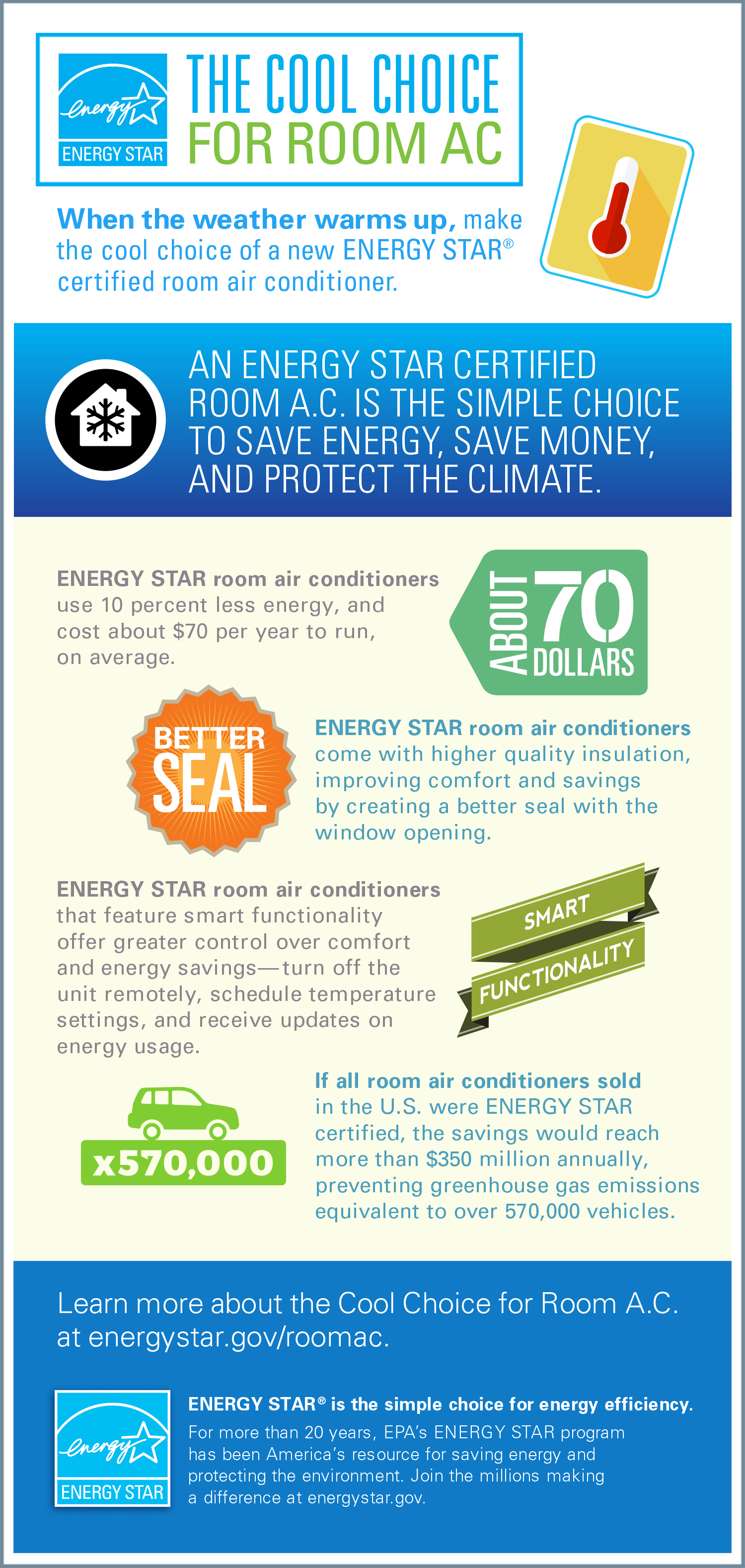Checking Out The Ecological Benefits Of Warm Pumps - A Sustainable Heating Solution
Checking Out The Ecological Benefits Of Warm Pumps - A Sustainable Heating Solution
Blog Article
Material Created By-Hinrichsen Hewitt
In a period where sustainability and power effectiveness are extremely important, lots of services seek green home heating solutions. One such solution is the heat pump.
A heatpump draws out the heat in its surroundings and pumps it right into your home, resulting in among one of the most reliable environmentally friendly central furnace around. This procedure additionally generates absolutely no greenhouse gas emissions, making it a highly lasting technology.
Energy Performance
Heatpump are really energy reliable and call for little upkeep. They make use of much less electrical energy than other furnace and are by far the most eco-friendly. They work well with roof solar and can usually spend for themselves in energy savings alone.
They can likewise give cooling, which is terrific for garage workshops, attic room hangouts and bonus offer rooms, and home enhancements without extending the existing ductwork. They can even be used for retrofits in existing homes with hydronic (water-based) distribution systems such as low temperature level radiators or glowing floors.
Try to find versions with SEER and HSPF scores that fulfill or go beyond Canada's minimum requirements, in addition to the criteria in your area. Greater scores mean better performance, which conserves you cash over time and lowers your carbon footprint. You could also get approved for discounts and incentives! The most effective devices are those with a ground warm exchanger for added efficiency. These devices can absorb thermal energy from the ground during the winter season and remove it in the summer.
Reduced Greenhouse Gas Emissions
Heatpump run on electrical energy and basically transfer warmth from the air, also when it's cool outside. use this link are able to draw out the complimentary warmth entraped in air particles and move them inside, reducing moisture while doing so.
Compared to gas heating systems, modern heat pumps utilize less than one kilowatt of power per kilowatt of home heating power they produce. This makes them the most power efficient home heating option offered with a COP (Coefficient of Performance) of four or more. By reducing the need for nonrenewable fuel sources, heat pumps help reduce greenhouse gas exhausts and cut other major air toxins.
Building decarbonization is a worldwide imperative, and the HVAC sector is a crucial motorist of that process. Whether it's investor making internet absolutely no commitments, policy makers establishing exhausts restrictions, or tenants requiring greener areas, electrical heat pumps are being identified as a necessary service. They are a cost-efficient means to minimize carbon discharges by removing the need for nonrenewable fuel sources in buildings.
Flexibility
Heatpump can be utilized in many sorts of homes and buildings-- with or without ducts. They work with hot-water radiators, air-conditioning and programmable thermostats. They can change heaters or be set up in new homes. They can work on photovoltaic panels, geothermal systems or even area home heating sources like wastewater.
They're wonderful at supplying more warm per energy system. For instance, an air-source heatpump produces up to three or even more heating systems from each electrical power device it consumes.
Getting the most from your heatpump will depend upon your environment zone and top quality of insulation. Seek versions with power celebrity ratings and compare their SEER or HSPF specifications. In warmer environments, concentrate on SEER; in chillier areas, consider a system with a greater HSPF rating. Furthermore, invest in air sealing and insulation to minimize the lots on your heatpump. That will boost power performance and aid you reach your Web Absolutely no goals quicker.
Biomass Boilers
Biomass boilers make use of timber pellets, chips or logs to create warmth and warm water. They are a good choice for off-grid homes or those who want to leave the gas grid.
As a standalone furnace, biomass can supply sufficient energy to maintain your home warm throughout the year without the regular heat drop off of various other eco-friendly innovations. They can likewise be utilized together with photovoltaic panels to maximise financial savings and benefit from RHI repayments.
https://www.reminetwork.com/articles/the-essentials-of-facility-spring-cleaning/ of these systems is the ahead of time expense and normal fuel deliveries. Commonly, pellets will need to be blown right into a fuel store utilizing a vacuum cleaner system or they can be by hand fed right into the boiler via a receptacle. Logs are generally self-sourced from nearby forest or bought wholesale. In addition to this, they require hand-operated loading and might need cleansing on a regular basis.